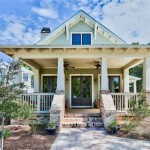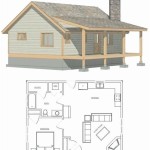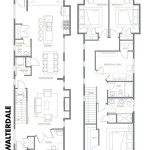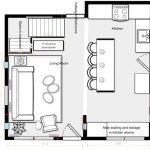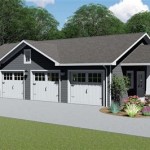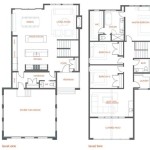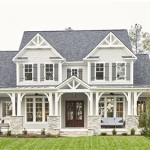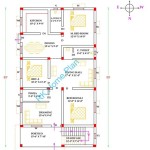Essential Aspects of Rest House Design Floor Plan
Designing a floor plan for a rest house requires careful consideration of various factors to create a functional and comfortable living space. Here are some essential aspects to keep in mind:
1. Purpose and Usage
Consider the primary purpose of the rest house and how it will be used. Will it be a weekend retreat, a vacation home, or a permanent residence? Determine the number of bedrooms, bathrooms, and other spaces required based on the intended use.
2. Site Considerations
The location of the rest house plays a crucial role in shaping the floor plan. Consider factors such as the topography of the land, orientation to sunlight, prevailing winds, and views. These elements can influence the placement of windows, patios, and outdoor spaces.
3. Living Spaces
The main living areas, including the living room, dining room, and kitchen, should be designed to flow seamlessly and provide ample space for relaxation and entertainment. Consider the placement of windows to maximize natural light and views, as well as the adjacency of these spaces for convenience.
4. Bedrooms and Bathrooms
Bedrooms should be private and comfortable, with adequate closet space and natural ventilation. Bathrooms should be designed to be functional and convenient, with separate areas for showers, toilets, and vanities. Consider the proximity of bedrooms to bathrooms for optimal accessibility.
5. Outdoor Spaces
Outdoor spaces, such as patios, decks, and porches, extend the living areas and provide opportunities for relaxation and enjoyment of the surroundings. Plan for outdoor seating, dining areas, and fireplaces or fire pits to create a cozy and inviting atmosphere.
6. Service Areas
Service areas, including laundry rooms, pantries, and storage spaces, should be strategically placed for convenience and efficiency. Consider the proximity of these spaces to the kitchen and other areas where they are most frequently used.
7. Circulation and Flow
The floor plan should ensure smooth circulation throughout the rest house. Avoid creating narrow hallways or dead-end spaces. Plan for wide corridors, open sightlines, and clear pathways to enhance accessibility and create a sense of spaciousness.
8. Sustainability and Energy Efficiency
Consider incorporating sustainable features into the floor plan, such as passive solar design, energy-efficient appliances, and recycled building materials. These features can reduce the environmental impact and lower operating costs in the long run.
9. Accessibility and Safety
Ensure that the floor plan meets accessibility standards and safety regulations. Provide ramps or elevators for wheelchair users, install non-slip flooring, and consider lighting for both day and night.

Rest House Plan With 2 To 3 Bedrooms Beautiful Plans One Y

Simple Rest House Design With 3 Bedrooms Cool Concepts

Gorgeous Guest House Floor Plans Interior Design Ideas Alisha Taylor

Guest House With Kitchen Plans Small Floor

Rest House Plan With 2 To 3 Bedrooms Cool Concepts

Gorgeous Guest House Floor Plans Interior Design Ideas Alisha Taylor

Best Guest House Design In 2170 Square Feet 201 Architect Org
Small Guest House Plan Floor

Rest House Plan With 2 To 3 Bedrooms Cool Concepts

Casita Guest House Floorplan Los Angeles By American Building Innovation Lp Houzz

